Digital Detox: Helping Teens Unplug in a Virtual World
Young people are spending more time in front of their screens than ever, but how do you help them find...
February 11, 2025
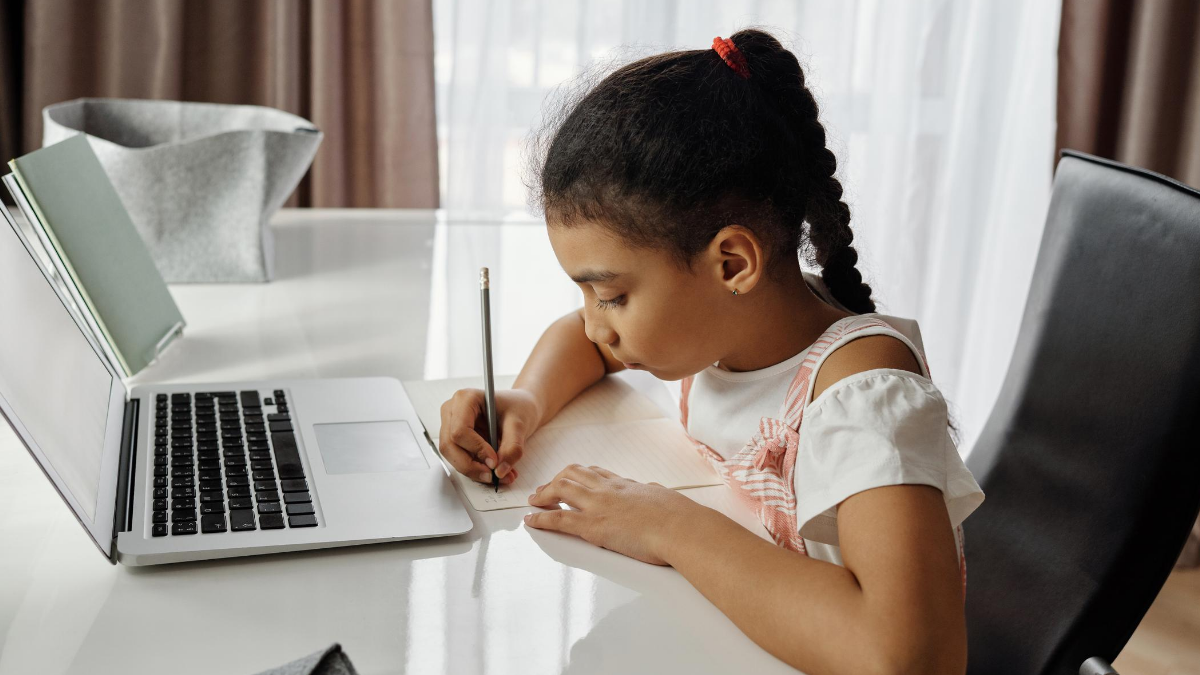
Even though summertime provides a fun break for kids, there is also a negative side to the time off school: the summer slide. The summer slide is a term that refers to the learning loss children experience over the months spent outside of the classroom.
Though it’s easy to write this loss off, it is actually quite substantial. In fact, children lose an average of 2.5 months of learning in just one month of summer break. This adds up quickly, and can compound as the years go by.
Researchers from the University of Missouri were one of the first to explore the learning loss experienced in the summer through a study called “The Effects of Summer Vacation on Achievement Test Scores: A Narrative and Meta-Analytic Review.” This study, published in 1996, discovered that summer break was especially detrimental to children’s math computation and spelling skills. Additionally, though the study did not account for gender or race, it did find that students from lower socioeconomic backgrounds also lost ground in reading recognition tests, even when their middle class peers showed gains.
In fact, learning loss over the summer disproportionately affects low-income students to the point that more than half of the gap in reading scores between low-income ninth graders and their middle-income peers can be attributed to differences in summer learning over the years between first and fifth grade.
This difference is prevalent because, typically, lower-income students do not have access to the resources that higher-income students do over the summer. Higher-income students benefit from the financial and human capital resources, like parental education, that are provided to them at home.
Even though children from low-income families are especially susceptible to learning loss, any child can suffer from this loss if they don’t continue keeping their brains active in some way over the summer.
This is especially important to keep in mind as schools, students, and parents contend with uncertainties around remote learning. This is something Mercy Home works through with our kids though summer enrichment programming.
“Loss of learning is an important thing to prevent because, especially with remote learning, [because kids] haven’t been in a classroom since March,” Morgan Kuhn, coordinator of education resources, said. “Trying to get them into that pattern of routine classroom expectations … I think this year especially, it’s just very important.”
Though this information can seem daunting, there is good news: there are easy to ways to keep kids learning over the summer and minimize learning loss!
Below are some easy ways for you to help your kids make the most of summer break learning, while still having fun.

Set aside a 30-minute window each day to focus on learning something new. Using workbooks to focus on particularly tricky subjects, like math, grammar, or reading comprehension will help keep minds active all summer long. Because math is an area where loss is especially high, it is beneficial if parents or caregivers are able to integrate daily math talk into everyday life. This can be as simple as talking about the math involved in daily cooking or baking, or calculating time until a favorite television program begins.
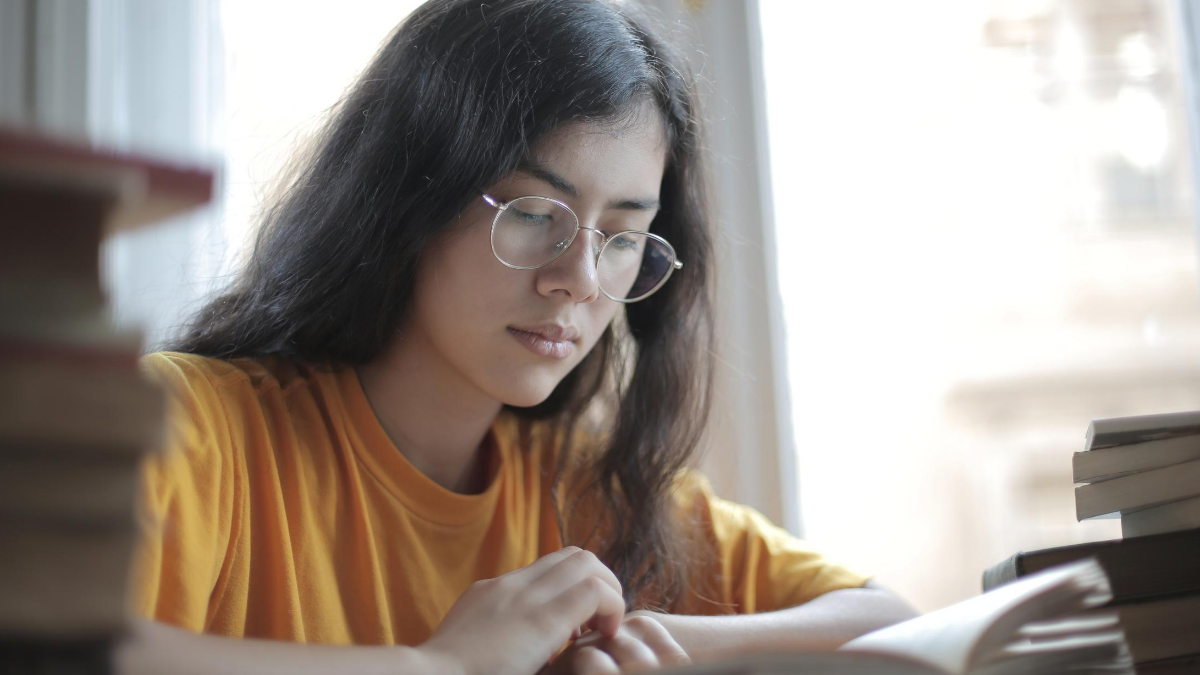
Make it a point to read for at least 20 minutes a day. If you’re a parent, try reading aloud to your child each day during the summer. Many local libraries participate in summer reading challenges if you need that extra competitive push. Another important note: children benefit more when they read something they enjoy and are interested in. Try exploring different genres with your children to find something they will want to read.
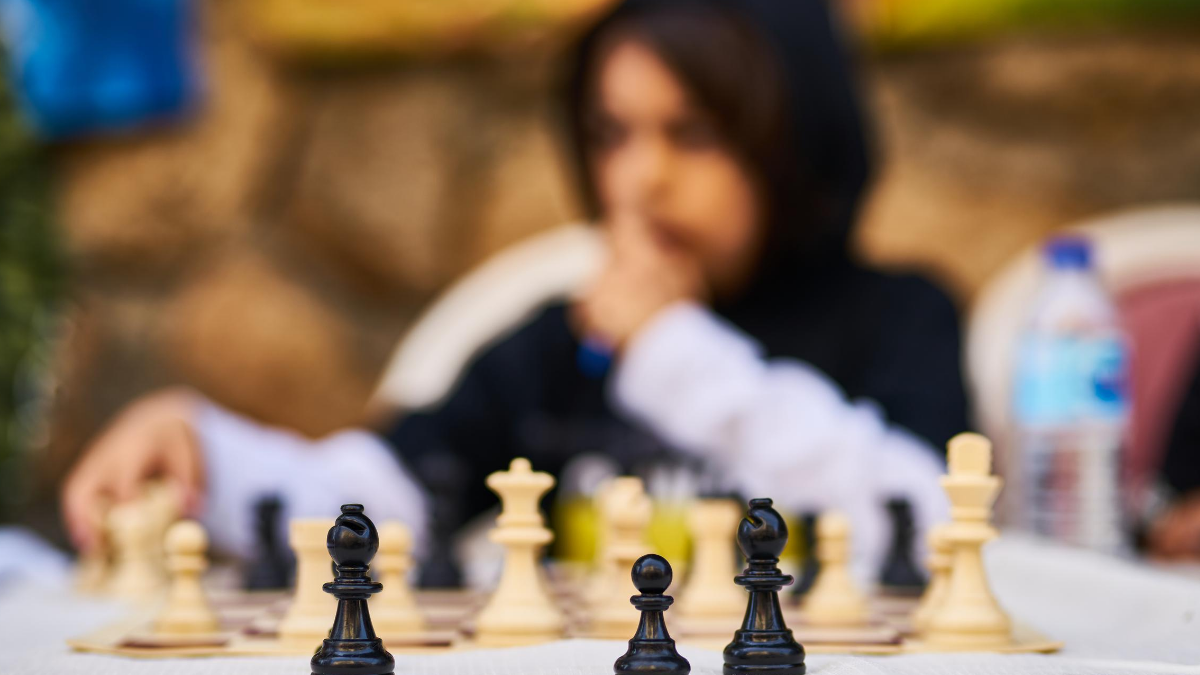
Play some board games if you’re feeling under-stimulated, especially ones that involve counting and reading. There are fun ways to practice math! Try free learning apps, like Bedtime Math, to keep children engaged. By making a habit of doing fun and educational activities in your home, you are able to give your kids a big boost of learning throughout the summer.
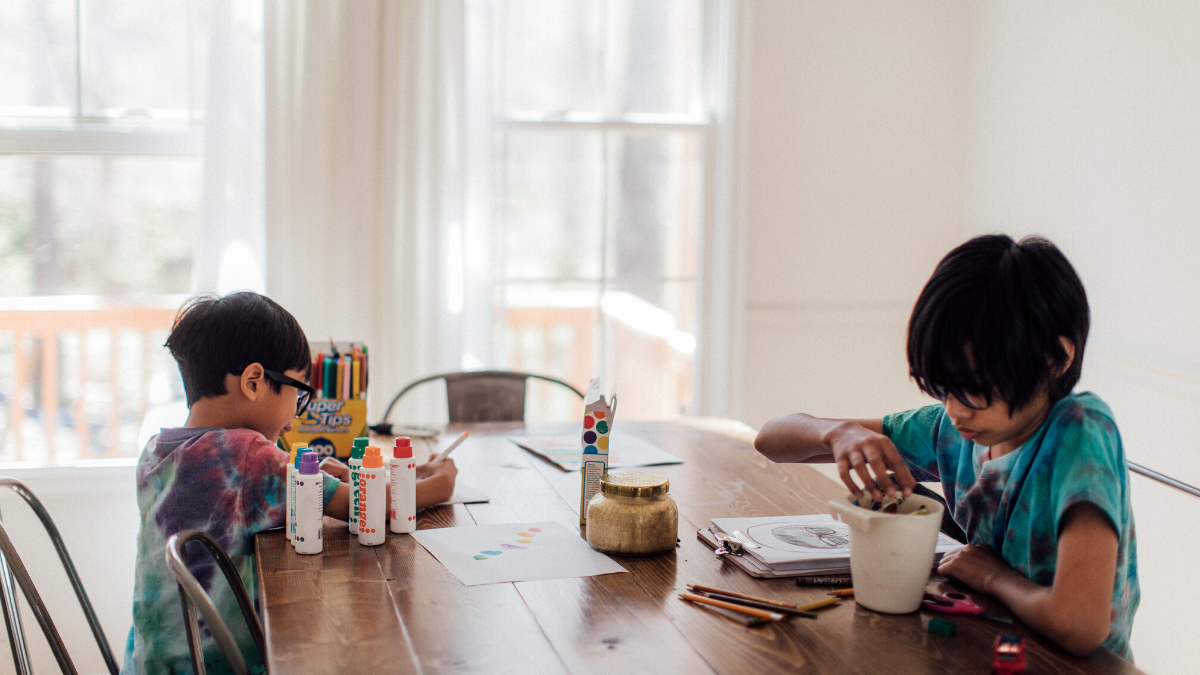
Draw, paint, do a craft–find something that gets those creative juices flowing. Though it may not seem directly related to learning, art actually serves as an outlet for kids to focus on creativity and engage both sides of their brain. Kids who struggle with traditional academic activities like writing and reading can use art as another way to express things they have learned. And as a bonus, creativity can help develop kids’ critical thinking skills.
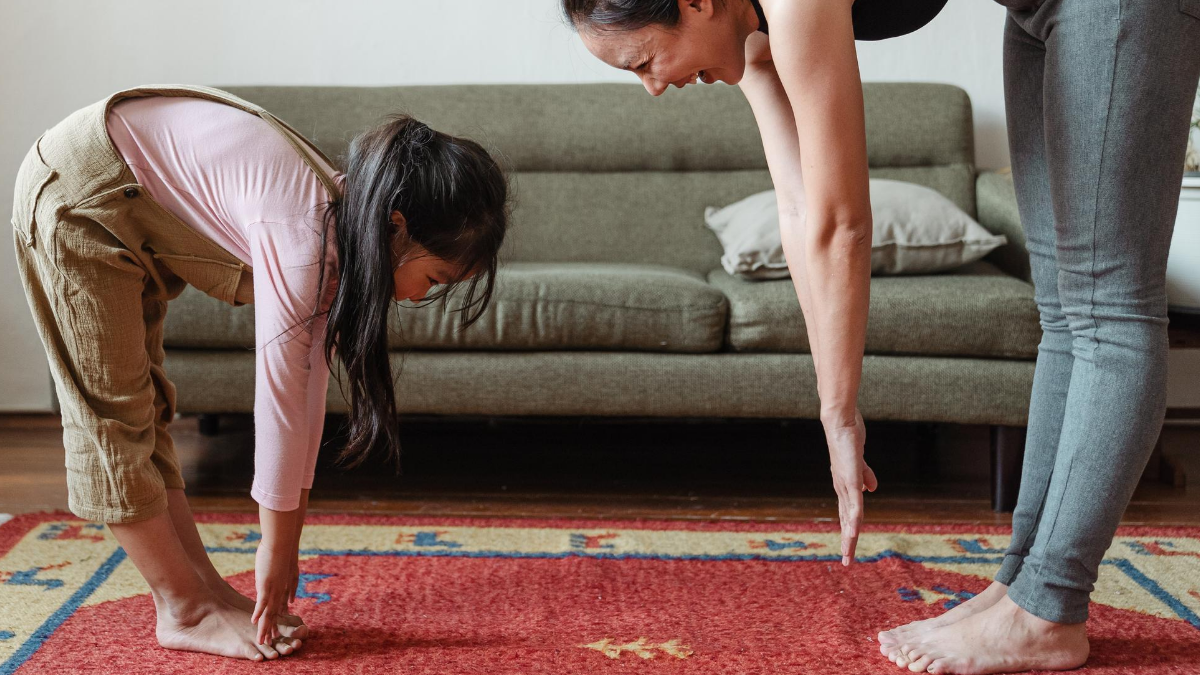
Believe it or not, physical activity helps increase learning on different levels, according to Dr. John J. Ratey, an associate clinical professor of psychiatry at Harvard Medical School. He said that exercise improves learning on several levels, including improving alertness, attention, and motivation. Physical activity actually trains your brain to retain information more easily, which is critical for learning. Even doing something as simple as taking a brisk walk or bike ride around the neighborhood can help kids be more successful in school..
Start the school year off strong by implementing some of these best practices before the summer is over!
Do you have other ideas for preventing the summer slide? Share your thoughts with us in the comments!
Young people are spending more time in front of their screens than ever, but how do you help them find...
February 11, 2025
Healthy communication in the family system is incredibly important, yet sometimes it can feel hard to achieve. However, with practice...
February 24, 2024
It’s back-to-school time during a year like no other. Beyond the typical nervousness and anxiety that may come with starting...
August 24, 2021